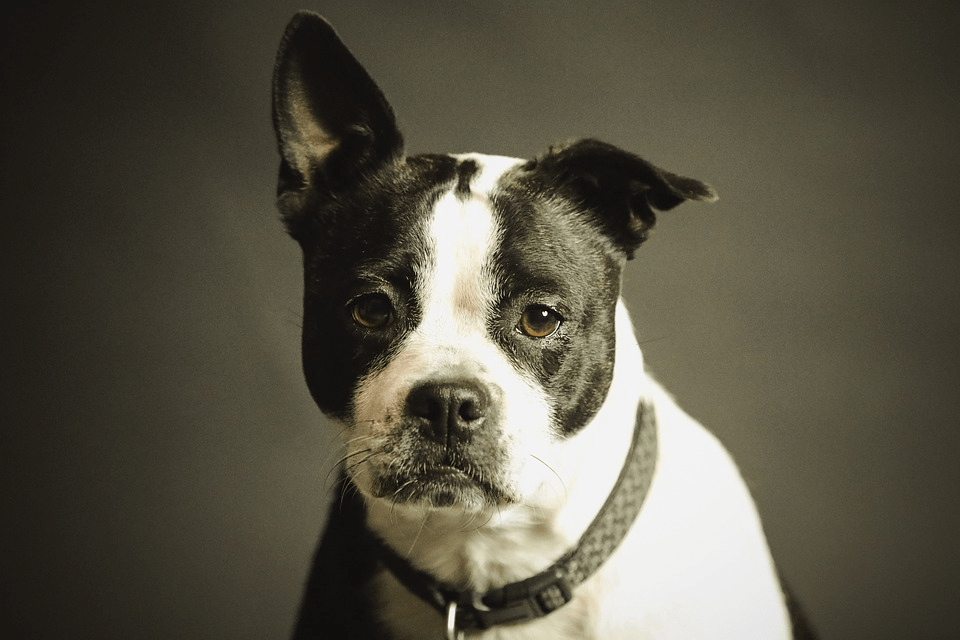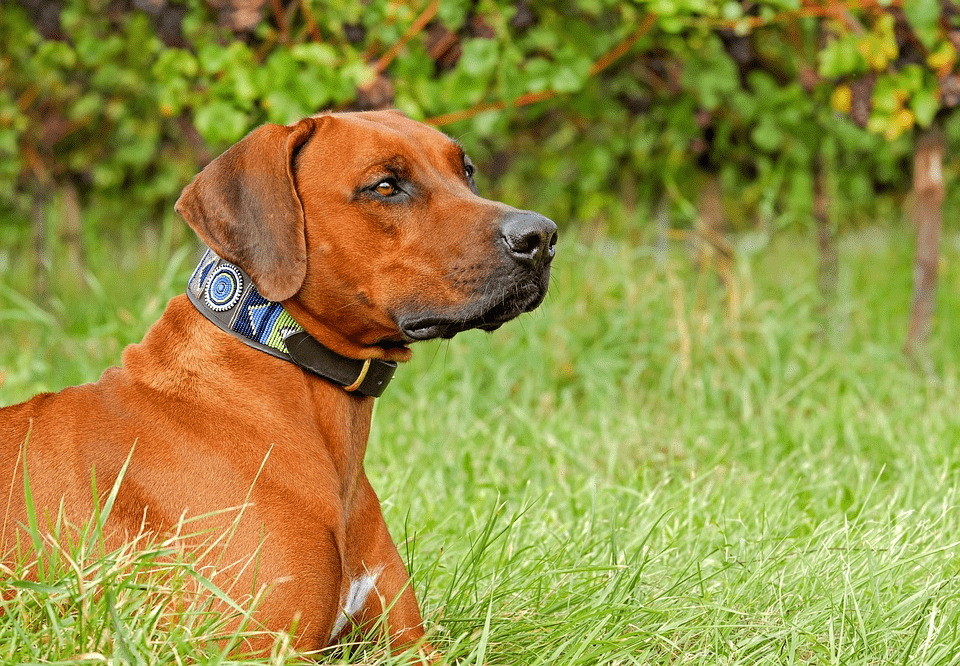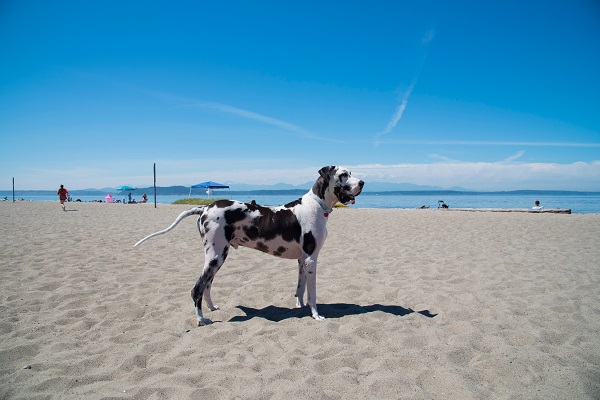Different Collars for Different Dogs
More than any other pet, your dog needs a collar. Cats should have one, too, but cats tend to stay close to home and are shy. If your dog gets out, he might decide to go as far as he can until he feels tired. Some pups have been found a few miles from where they went missing.
The collar on your dog is there to prove the animal is domesticated. You’ll want contact information on the collar and the dog’s name. That said, not all dog collars are the same. Here we’ll explore different sorts of collars to think about for your four-footed family member.
1. Some Pups Need Control Collars
There are dogs that wake up barking. You sneeze, and your pup has a yapping spasm. Large or small, this kind of thing can be extremely annoying. Shock collars can help discourage that activity and are increasingly sophisticated today.
A solution such as Halo Collar is cheaper than a fence and helps your pup learn boundaries in a Pavlovian way. While some collars can be configured to shock a dog should they make noises that are too loud, Halo Collar activates when dogs cross invisible boundary lines.
You can set up invisible property “boundaries,” and the collar will activate should your dog cross those boundaries. You can set up a perimeter anywhere you go, and your dog will stay inside it naturally. For pups that love to run off, this is a fine option.
2. The Benefit of the “Choker”
Chokers are generally used during training. You give a choker collar a bit of a tug, and the dog realizes he’d better pay attention to what you’re saying, or he’ll have difficulty breathing. Usually, you only need to use a choker for a limited time before dogs get the idea and quit ignoring your leadership. Here’s a link to choker best practices for your dog.
3. General Collar Options
Beyond specialty collars, there are certainly generalized options to consider as well. These can be found at any pet store. The main consideration here is size. You want to ensure that whatever collar you buy comfortably fits your dog’s neck. Some dog owners prefer a harness rather than a collar, and that can be a fine choice as well.
You want to get the size right, and you want to ensure there are dog tags that identify where your pup lives. If they run off, people can notify you should they find your errant canine, or animal control can call you. This saves a lot of aggravation and helps you be reunited with your animal more quickly.
Finding the Right Collar for Your Dog
Regarding your pup’s collar, there are a few things to consider. If you’re going the “regular” route, you want to consider whether you should use a harness or a traditional collar. Whatever you choose, be sure you get dog tags with the pup’s name, your phone number, and an address printed on them.
For specialty collars, you want to be sure that whatever you acquire will fit your dog’s needs and that you know how to use the device. Choker collars have best practices, and options like the Halo Collar use modern tech for convenience overall. Keep these things in mind, and you’ll find the perfect collar.

 DogExpress
DogExpress



















 in Chandigarh, India.
in Chandigarh, India. 
